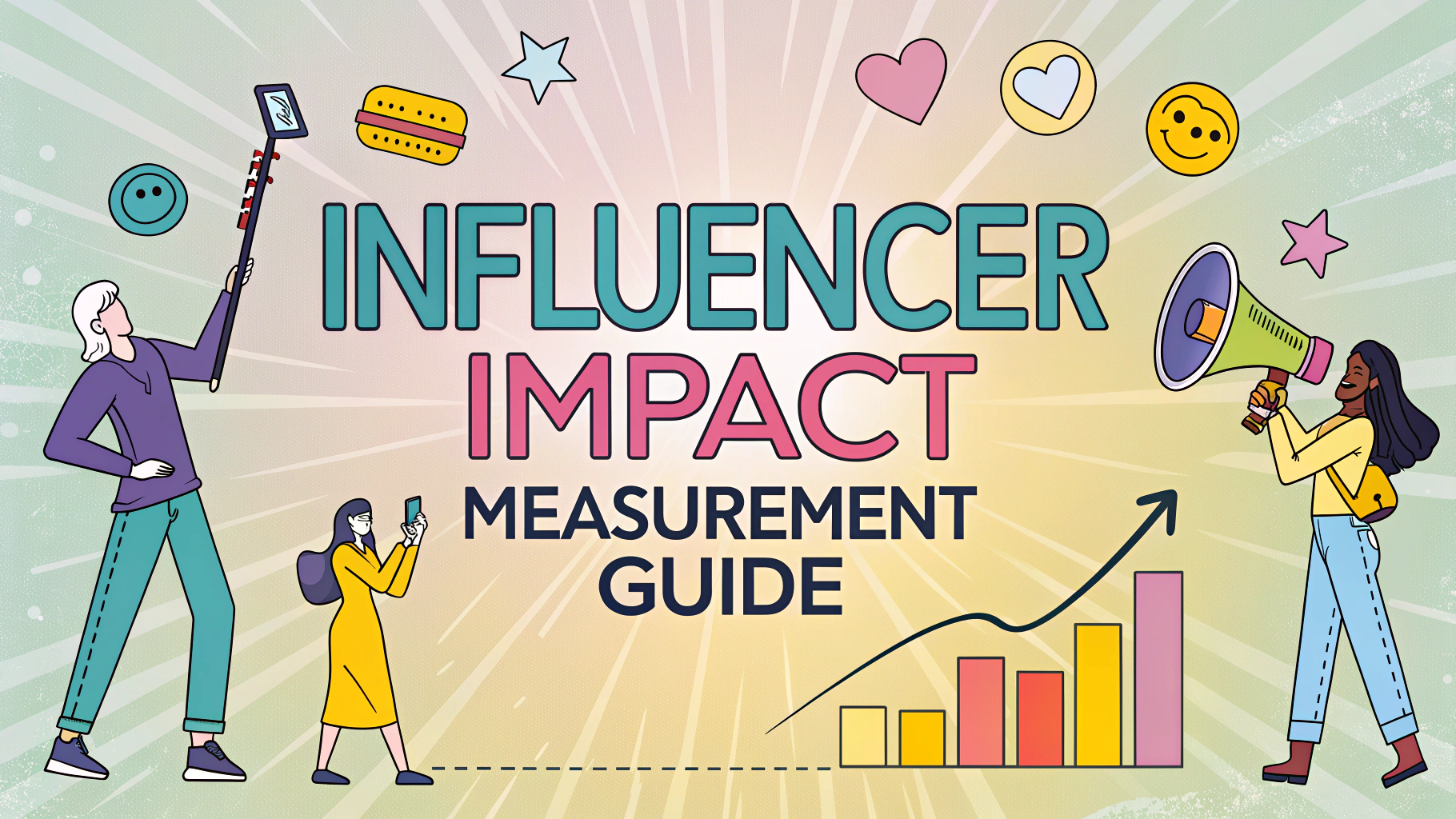Voice search technology has transformed how travelers find and book hotels online, making it essential for properties to optimize their web presence for this growing trend.
Hotels that adapt their websites for voice search queries can capture a significant share of the increasing number of guests who use digital assistants like Siri, Alexa, and Google Assistant to plan their stays.
This guide shows you practical steps to optimize your hotel website for voice search, helping you stay competitive and increase direct bookings.
Understanding Voice Search Behavior
Voice searches typically use natural, conversational language patterns instead of traditional keyword phrases.
- Voice queries are usually longer (5-7 words)
- Questions starting with who, what, where, when, why, and how
- Location-based searches (“hotels near me”)
- Specific amenity requests (“pet-friendly hotels with pool”)
Technical Optimization Steps
Start by ensuring your website loads quickly, with a target page speed under 3 seconds.
- Implement schema markup for your hotel
- Create an XML sitemap
- Optimize for mobile devices
- Secure your site with HTTPS
Content Optimization Strategies
Structure your content to answer common voice search questions about your hotel.
- Create FAQ pages addressing common guest queries
- Include natural language variations in your content
- Write detailed location-based content
- Add conversational long-tail keywords
Local SEO for Voice Search
Claim and optimize your Google Business Profile to improve local voice search visibility.
- Keep business hours accurate
- Add high-quality photos
- Respond to reviews regularly
- Include detailed property descriptions
Mobile Optimization Tips
Voice searches happen predominantly on mobile devices, making mobile optimization paramount.
- Use responsive design
- Implement accelerated mobile pages (AMP)
- Ensure tap targets are properly sized
- Optimize images for mobile devices
Measuring Voice Search Success
Track these key metrics to measure your voice search optimization efforts:
- Mobile traffic percentage
- Question-based keyword rankings
- Local search visibility
- Featured snippet appearances
- Voice search conversion rates
Next Steps for Your Hotel Website
Start implementing these voice search optimizations gradually, focusing first on technical fundamentals and local SEO.
Monitor your analytics regularly to identify voice search patterns and adjust your strategy accordingly.
For professional assistance with voice search optimization, contact certified hospitality digital marketing agencies or your website provider.
Integrating Voice Commands
Enable direct voice interactions on your hotel website to enhance the user experience.
- Add voice-activated booking features
- Implement voice navigation options
- Create voice-accessible special offers
- Enable voice-based room comparisons
Voice Search for International Guests
Optimize your website for multilingual voice queries to attract international travelers.
- Implement hreflang tags for language variants
- Create content in primary guest languages
- Use local language schema markup
- Optimize for regional voice assistants
Voice-Optimized Booking Experience
Streamline the booking process to accommodate voice-initiated reservations.
- Simplify booking forms
- Add voice-friendly calendar selections
- Create clear call-to-action phrases
- Enable voice confirmation options
Future-Proofing Your Voice Strategy
Stay ahead of voice search evolution by maintaining flexibility in your optimization approach. Regular updates to your voice search strategy will ensure long-term success in capturing voice-driven bookings.
- Stay current with voice search algorithms
- Monitor emerging voice technologies
- Adapt to changing user behaviors
- Invest in voice-enabled innovations
Maximizing Your Voice Search Potential
Voice search optimization is no longer optional for hotels seeking to maintain competitive advantage in the digital marketplace. By implementing these strategies consistently and monitoring their effectiveness, your property can successfully capture the growing segment of voice-assisted travel planners.
Remember to regularly review and update your voice search optimization strategies as technology and user preferences continue to evolve. Your commitment to voice search excellence will help secure your hotel’s position in the future of digital hospitality.
FAQs
- Why is voice search important for hotel websites?
Voice search is becoming increasingly prevalent with the rise of virtual assistants like Siri, Alexa, and Google Assistant, with over 40% of adults using voice search daily. Hotels need to optimize for voice queries to remain competitive and visible in search results. - How do voice search queries differ from typed searches?
Voice searches tend to be longer, more conversational, and usually in question form (who, what, where, when, how). They typically contain 6-7 words compared to 1-3 words in typed searches. - What are the key elements to optimize for voice search on a hotel website?
Key elements include natural language content, long-tail keywords, FAQ sections, local SEO optimization, mobile-friendly design, and structured data markup. - How can hotels optimize their local SEO for voice search?
Hotels should claim and optimize their Google My Business listing, ensure NAP (Name, Address, Phone) consistency across platforms, generate local reviews, and include location-specific keywords in their content. - What role does page speed play in voice search optimization?
Page speed is crucial for voice search as Google prioritizes fast-loading pages. Sites should aim for loading times under 3 seconds to rank well in voice search results. - How should hotels structure their content for voice search?
Content should be written in a conversational tone, include question-and-answer formats, utilize schema markup, and feature concise, direct answers to common queries. - What technical aspects should hotels focus on for voice search optimization?
Hotels should implement structured data markup, secure their site with HTTPS, ensure mobile responsiveness, optimize for featured snippets, and maintain fast loading speeds. - How can hotels track voice search performance?
Track long-tail keyword performance, monitor featured snippet rankings, analyze question-based queries in Search Console, and review mobile voice search analytics through various SEO tools. - What are the most common voice search queries for hotels?
Common queries include “hotels near me,” “best hotels in [location],” “what are the check-in times,” “does [hotel name] have a pool/restaurant,” and “how far is [hotel] from [landmark].” - How often should hotels update their voice search optimization strategy?
Hotels should review and update their voice search strategy quarterly, adapting to new algorithm updates, changing user behavior patterns, and emerging voice search technologies.







